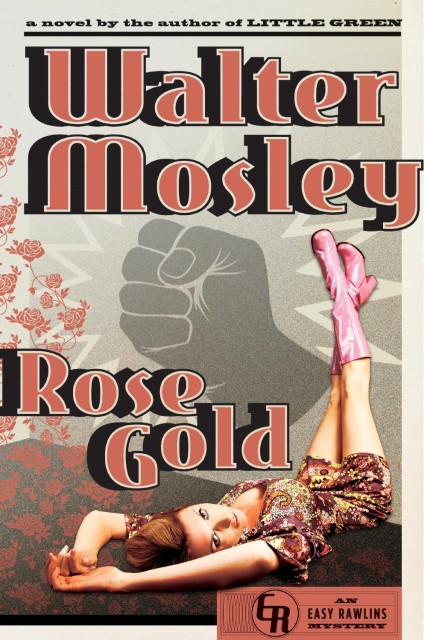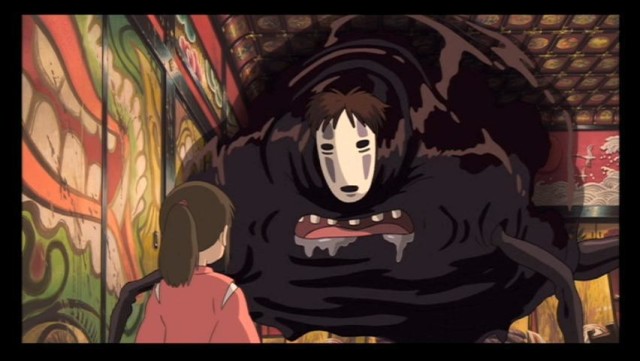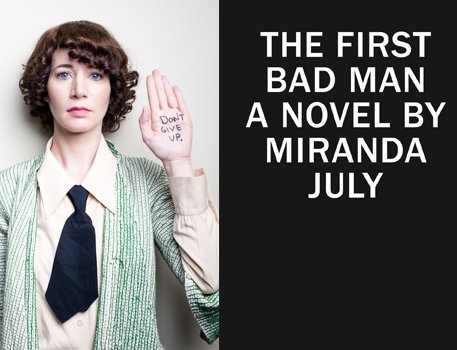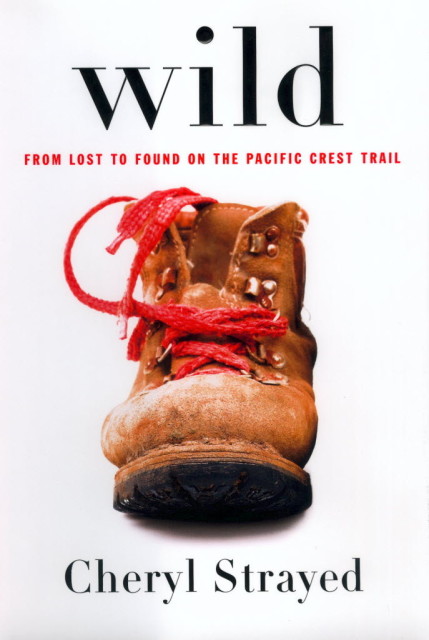My Favorite World #24

It’s book week at MFW!
Two great reads under my belt in the past few days – Walter Mosley’s Debbie Doesn’t Do It Anymore and Haruki Murakami’s Colorless Tsukuru Tazaki and His Years of Pilgrimage. Coming off a failed attempt at Donna Tartt’s The Goldfinch, it was a relief to pick up a couple of winners.
I just finished the Murakami this afternoon, and it pushed all my buttons. Deeply felt, beautifully written<fn>If the translator is to be believed.</fn>, and paced like a slow walk in the woods. Tsukuru is a 36 year old man who suffered a terrible sadness at age 20, nearly died (or attempted suicide) as a result, and has lived a dull and hermetic existence ever since. The book is his long-overdue journey to understand (or not) and come to (or not) a sense of acceptance. It seems that Murakami’s lifelong project is to try to make sense of loneliness and alienation, and in this book it’s no longer buried under metaphor; the loneliness is front and center this time.
It’s almost a trademark of Murakami to focus on a disaffected, emotionally frozen protagonist. He’s done it often, and well, but it never feels as if he has settled into formula, from Toru Okada in Wind Up Bird Chronicles to Kafka Tamura in Kafka on the Shore to Tengo Kawana in 1Q84. Tsukuru is similar to these characters, but distinctly his own man, no small irony with the central conceit of the novel asserting that he is inherently bland and colorless.
The ending<fn>Which I loved!</fn> leaves many questions unanswered, and as I approached the end and realized this was to be the (ir)resolution, the sense of warmth and affection I felt for Tsukuru multiplied itself. Some people hate the unresolved ending, but I’m not one of them.<fn>Please refer to the Legal Disclaimer at The Immunity Manifesto for details.</fn> I loved the ending<fn>Yes, loved!</fn>, one of the most satisfying book closings I’ve enjoyed in years.
Previous Murakami novels include Kafka on the Shore, Norwegian Wood, The Wind Up Bird Chronicle, and 1Q84. I loved them all, and there are many more waiting for me. He’s hugely popular in Japan; Colorless Tsukuru sold over 1 million copies in the first week of release in Japan. He’s worthy of the hype.
(btw, my daughter’s English class read Kafka on the Shore last year. I was pretty excited about this and I re-read it along with her. But at some point in the reading, one of the students told her mother that there was s-e-x in the book. Said mother stormed into the school and demanded that they stop teaching the book. Sadly, the school caved. I remain furious with this meddlesome, bible banging rube. Definitely not a contributor to My Favorite World.)
There are some similarities between Tsukuru and The Goldfinch. The protagonist in each book suffers a traumatic emotional episode as a teenager. Both books explore in great detail the interiority of the main characters, and do so at a slow, nearly glacial pace. Yet Tsukuru was so compelling I read the full 400 pages in less than two days; with the The Goldfinch, I could not wait to put it down every time I picked it up, and after 200 pages over two weeks, I finally couldn’t stand another word of it. I can’t put my finger on why, necessarily, other than I experienced Tartt’s writing as slooow for the sake of being slow, almost like a technical demonstration.<fn>Watch me! Watch me!</fn> With Murakami, the slowness had a forward rhythm to it that gave me the sensation of living inside Tsukuru’s insular and measured world; it felt like an organic aspect of the experience rather than a parlor trick.<fn>I realize I’m in the minority on Goldfinch, and do not suggest that if you liked it you’re wrong or anything like that. I might actually have liked it at another moment in my life. Books are funny that way.</fn> End of crappy comparative lit exposition…read the Murakami. You’ll be glad you did.
Walter Mosley continues to amaze. He’s written more than 45 books, and I’ve read around 30 of them. None have made me feel like I wasted my time. Debbie is about a porn megastar in L.A. who decides to make a break from the business. Mosley gets deep behind her character’s motivations and history; we get a real sense of Debbie as a person, not just, as she puts it, “a set of orifices on the screen”. Add to that a suspenseful plot and Mosley’s mastery of language and sly sense of humor…well, it’s a quick read and a winner. And as always, Mosley uses his characters and plots to examine the dynamics of life as an African-American.
Sitting at hand is the latest in Mosley’s Easy Rawlins series, number 13. Like most of his fans, Rawlins is where I first got to know Mosley, starting with Devil in a Blue Dress in the early 90s. Unfairly, this series about an accidental LA private eye in the post-WW2 era got Mosley pigeon-holed as a mystery/crime writer<fn>A genre I truly love, btw.</fn>, but he is so much more. Rawlins is the author’s eyes and ears, showing and interpreting the post-war experience of African-Americans in Los Angeles.<fn>Think Chinatown from the perspective of the black community.</fn> The plots and mysteries are always top notch and keep you on the edge of the seat, but they are in some ways incidental to Mosely’s central project – an exploration of the political and cultural factors that served to define the dimensions of what it means to be Black in White America, and what that means to his primary characters.
So I read the first couple of pages of Rose Gold and began to think I should go back and re-read the series before I read this one<fn>I first read Devil in a Blue Dress about 25 years ago.</fn>, just binge it like a Netflix series. I have a huge stack of reading on my nightstand, so this feels like a scary commitment, but it might be time to re-visit the origins of Easy and Mouse and Jackson Blue.
By 1995, Denzel Washington used his clout to get Devil on the screen. In a sane world, this should have been a long-running franchise, but leave it to Hollywood to fuck up a perfectly good crowbar. Still, the movie remains memorable as the first time I laid eyes on this guy.<fn>Not entirely true. It turns out I’d been watching him for a few seasons in a better-than-average tv series called Picket Fences, but he was so completely transformed in Devil that I didn’t realize it for a while. One night while watching him play the quiet, dapper DA in the show, it hit me. His great career is no surprise…the guy had chops from the start.</fn>

This was Don Cheadle’s breakthrough, as Easy’s best friend Mouse. A homicidal criminal and true blue friend, Mouse is one of my favorite characters out of any book. Denzel was great as Easy, but Cheadle just nailed this role. You literally can’t look away when he’s on screen. He is absolutely one of the My Favorite World all-stars.
All this leads me to think I should also re-read The Man in My Basement, which is my favorite Mosley to date. And that leads to the Socrates Fortlow and Leonid McGill books, and his sci-fi novels and stories, and, and, and. He has demonstrated time and again that he transcends the crime writer straight jacket.<fn>Hell, Man in my Basement is way closer to Chekhov than Chandler.</fn>
Seriously, 45 books in 25 years. That’s some badassery right there.
So to sum it all up….
Haruki Murakami:
Walter Mosley:
My Favorite World.
















